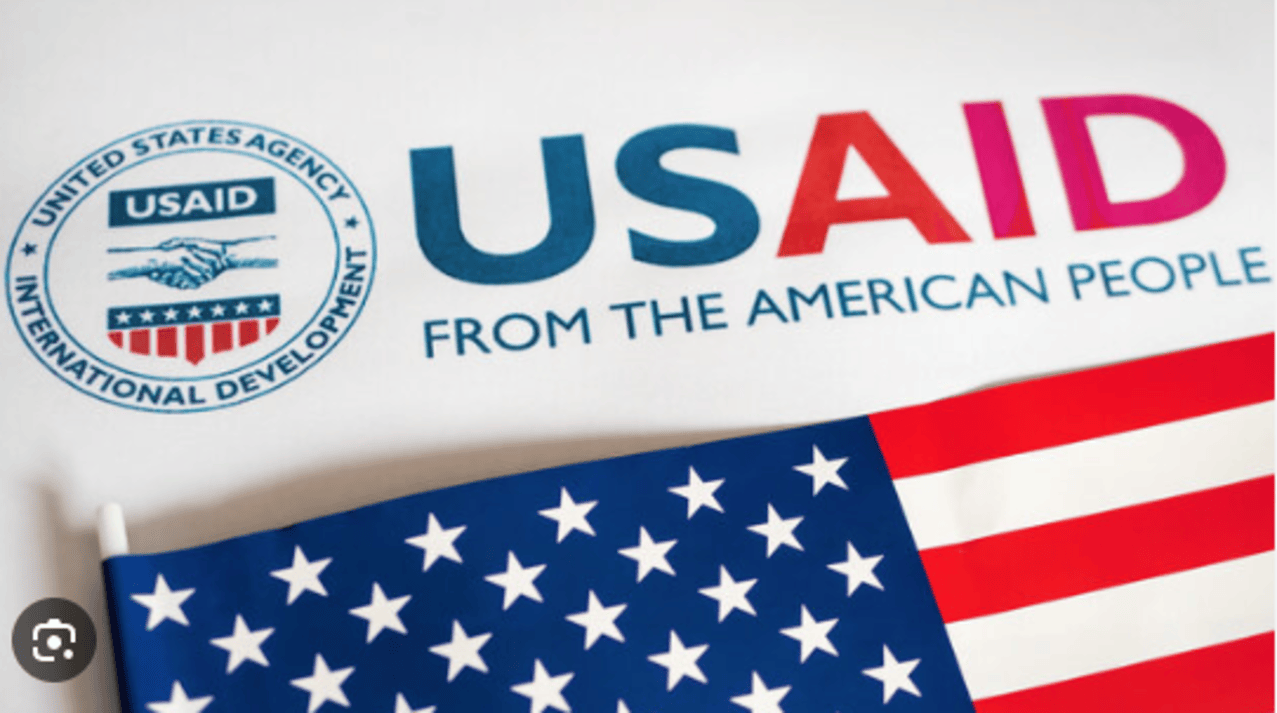The drastic reduction in programs by the United States Agency for International Development (USAID) is causing significant disruptions in humanitarian aid, impacting non-governmental organizations responsible for delivering vital assistance. A study by Nature warns that the loss of crucial funding could result in an estimated 163,500 deaths annually other estimates points at a much higher figure.
The Trump administration’s decision to curtail international aid under the guise of fiscal responsibility risks destabilizing essential links in the global aid network. This move has sparked concerns about the potential consequences on vulnerable populations and the broader implications for public health and global security.
Despite the administration’s focus on curbing illegal immigration, the withdrawal of aid could inadvertently exacerbate migration patterns by fueling instability and insecurity in regions reliant on humanitarian support. Furthermore, the failure to address health crises at their source heightens the risk of widespread pandemics with far-reaching implications, including potential threats to U.S. national security.
Nature’s analysis underscores the dire impact of these funding cuts, particularly in regions heavily dependent on aid. The suspension of USAID programs has led to the discontinuation of critical nutrition services for millions of children, putting their lives at risk. The closure of emergency food facilities in countries like Sudan and the depletion of essential supplies in Ethiopia highlight the immediate and severe consequences of reduced aid funding.
Non-governmental organizations are grappling with the repercussions of diminished support, forced to make difficult choices with profound humanitarian implications. The withdrawal of American foreign aid has created an unprecedented crisis for support systems assisting displaced populations, exacerbating vulnerabilities and deepening existing humanitarian challenges.
As Western nations prioritize domestic concerns over international aid, the global community faces a critical juncture in upholding commitments to humanitarian assistance and sustainable development. The shift towards insular policies risks jeopardizing progress in addressing global crises and underscores the urgent need for continued support for vulnerable populations worldwide.



